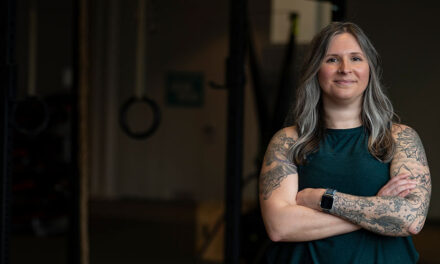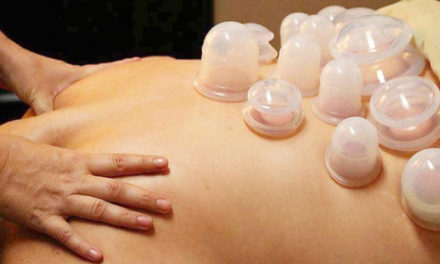Female health symptoms may include subjects that are hard for women to discuss, especially when it comes to vaginal and bladder health. Some women may feel embarrassed and alone with what they are going through.
According to The National Institutes of Health, over 32 million women suffer from vaginal atrophy symptoms such as dyspareunia (pain during sexual intercourse), vaginal dryness, and vaginal irritation. Vaginal atrophy is chronic and progressive, and will not resolve with time or without treatment.
Left untreated, these symptoms can cause discomfort and negatively impact a woman’s quality of life, including sexual relationships and emotional well-being. Severe cases may affect clothing choices, exercise options, and body position during normal activities. Stress urinary incontinence (leaking urine when you laugh, cough, or sneeze) is often related to vaginal atrophy or weakening of the vaginal and pelvic floor muscles, which give support to the bladder.
Treatment Options for Vaginal Atrophy include:
- Over-the-counter products such as lubricants can help with comfort, but they do not effectively treat the underlying pathological causes. Lubricants can also be messy and cause more irritation due to certain ingredients in them.
- Hormone replacement therapy may help with symptoms of dryness, however, not all women are candidates for this.
- Surgery is an option to tighten the vagina, but that often creates more complications from scar tissue pain. It is not advisable to pull compromised tissue tight versus methods to rejuvenate the tissue.
Alternative Treatment
Laser rejuvenation with IntimaLase/IncontiLase technology thermally affects the vaginal tissue by stimulating collagen remodeling and synthesizing new collagen fibers in the vaginal mucosa tissue and collagen-rich endopelvic fascia. The final result of collagen neogenesis and remodeling is the tightening of the vaginal canal. This also gives greater support to the bladder and improves normal continence function in women with mild to moderate stress urinary incontinence. This treatment improves the health of your tissue, which improves normal lubrication.
There is no discomfort with this gentle treatment, and patients can return to normal activities immediately. This is safe for all women, even cancer survivors who have a higher risk of vaginal atrophy after chemotherapy and other harsh drugs. The number of treatments needed may vary with the degree of atrophy, but most women are happy after two treatments.
Clinical studies show that 95% of women assessed the change to their vaginal tightness as strongly or moderately improved after IntimaLase treatment. Data also showed the average shrinkage of the vaginal canal after IntimaLase treatment was 17%. This treatment is highly regarded for its safety and efficacy, with a high level of patient satisfaction (97%).
Find a provider that you are comfortable with and discuss your symptoms. As a post-menopausal mother of five, I have experienced both atrophy and stress incontinence issues. I am grateful to have received IntimaLase treatment for both. If you are experiencing any of these symptoms, know that you are in a sisterhood of many and that there are effective treatments available.
Valerie Monismith is a Registered Nurse and co-owner of Ashtoria Aesthetics & Wellness. For more information on IntimaLase, visit Ashtoria.com or call 901.310.3530.







